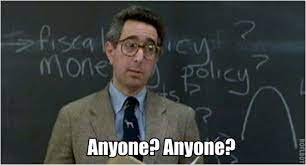Numbers aren’t my thing. In school, math came slowly, as elusive as spring in February. Each lightbulb moment—grasping Pythagorean theory, solving a quadratic equation—felt worthy of its own holiday.
Words, though. I’ve always been a fan.
Freshman year in college, I switched majors with alarming frequency, first studying law then linguistics then journalism. Somewhere along the line I was forced into two semesters of economics: macro and micro. It was the only class I got a “D” in and I hated it energetically. Eighteen years, two husbands, three states and a foreign country later, I graduated with a bachelors in English.
And inexplicably, a 25-year career in insurance. For someone not particularly fond of numbers, it was an interesting galaxy to orbit, that universe of actuarial tables, rate-setting, production goals and budgets. Living the writer’s life my eight-year-old self once dreamily envisioned was as distant as Pluto.
After relinquishing the spreadsheets to the home office cubicle farm a few years ago, I returned home to care for my mom with Alzheimer’s. I returned to writing too, and slowly, handwritten words transformed into a flash blog. Later, a novella written entirely in tweets. Flash fiction, haiku and microessays published in lit journals.

This year, I launched a new writing project, the micro mashup, a weekly microburst of restless words.
And now I get it. How numbers and words collaborate in their own economies of scale. How, when I write with fewer words, my production level increases. How, so often, less is more.

